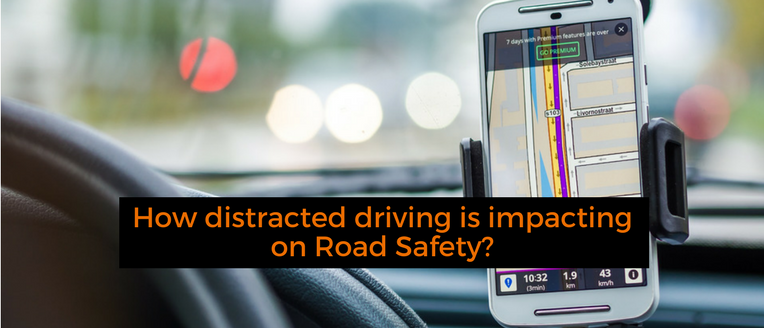17 May
2017
How distracted driving is impacting on road safety
onecallam
1412
accident claim
,
accident claims birmingham
,
accident claims in birmingham
,
accident injury lawyer birmingham
,
car accident claim
,
legal claim after car accident
,
uk accident injury law
0 Comments
How distracted driving is impacting on road safety
There has been a great deal of talk about distracted driving over recent years, with many accidents having been blamed on people using mobile phones behind the wheel. However, smartphones aren’t the only cause of driving-related distraction. Distracted driving occurs when people pay attention to secondary activities whilst they drive. Multi-tasking whilst driving can be tough, and many claim it is impossible to carry it out without putting yourself and others at risk.
The dangers of secondary activities
Secondary activities can compromise the standard of our driving massively. They can make drivers less observant and cause them to make poor-quality decisions. It can make it much harder to spot or anticipate hazards. Distracted driving can be the fault of the driver, other drivers or other factors that they couldn’t have predicted. You may become distracted whilst driving because of things happening outside of the vehicle. Distractions fighting for our attention inside vehicles can include the actions of passengers, technology including phones and radios and more. An external distraction may come in the form of another driver doing something out of the ordinary, a road sign or other activity.
Causes of road accidents
Many accidents occur on the roads each year because of distractions like mobile phone use, eating, drinking, music, smoking, personal grooming and the actions of adults and children travelling alongside drivers. Reaching, leaning, using controls and talking can also be dangerous. It can be very easy for drivers to underestimate the dangers of distractions whilst driving. If you do become distracted whilst driving, you may miss signs, fail to control your speed accurately, judge distance, keep a safe distance from other cars and stay in the right lane.
Do you need to pull over?
To avoid being in an accident whilst driving due to a distraction, you can pull over to attend to urgent tasks. Try to carry out tasks like grooming, eating and drinking before you drive and avoid playing music and other activities if you suspect they are affecting your ability to drive safely. It’s also wise to avoid driving if you are feeling stressed or worried about something. Don’t overload your vehicle with devices if you can avoid it, or try to find ways to use the technology you require without it taking up too much of your attention.
Four types of distraction
If you are driving in an environment you are unfamiliar with, it’s wise to plan your route in advance. If you feel you need to recharge whilst driving or start to feel tired, take a break.
Distractions can fall into four categories: Visual (looking at things that are less important than what you should be focussing on), Mental (phone calls, thinking about topics over than driving etc), Auditory (music, talking, radios etc) and Physical (smoking, eating, drinking, typing on phones etc).
Studies suggest than young drivers aged between 17-29 and older motorists aged over 65 care more likely to cause accidents because of distracted driving.
We sincerely hope that pointing out the above will keep you safer on the roads and less likely to need our services! But in the unfortunate occasion if you were involved in an accident due to someone else being responsible for it, you can contact our offices and speak to one of our accident claim experts on 0800 999 4042.






